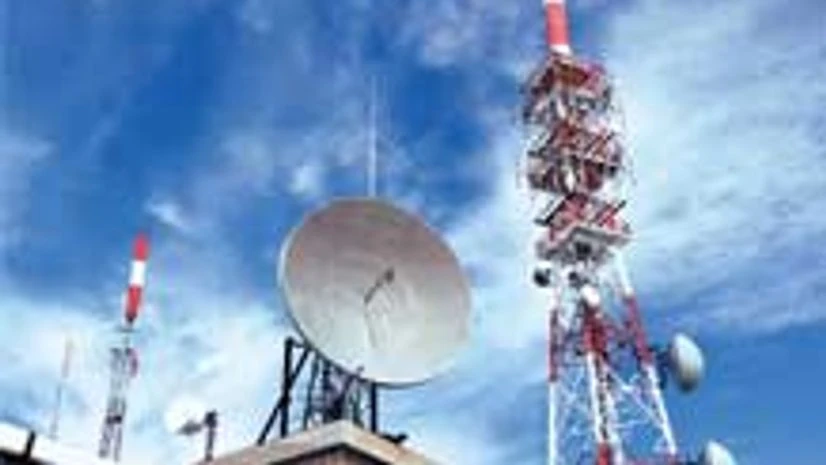In the biggest spectrum auction so far, the government has put 380.75 MHz of spectrum in the 800-MHz, 900-MHz and 1,800-MHz bands, and five MHz in the 2,100-MHz band across 17 of the 22 circles on offer for commercial use. The ongoing round of auction has started on March 4. Initially, the DoT had estimated to earn around Rs 80,000 crore-Rs 1 lakh crore from the sale of radio waves.
"Brisk bidding was seen on 14th day of bidding, with activity requirement set at 100 per cent. There is robust bidding going on in 1,800 MHz and 800 MHz bands. At the end of 86th round, over 89 per cent of the spectrum has been provisionally allocated to bidders. The provisional amount committed by bidders at the end of 86th round is over Rs 1,09,000 crore. Majority of service areas are going at a premium over reserve price. The competitive bidding is expected to continue. There is still spectrum, which is yet to be sold," DoT said in a statement.
However, final results of the spectrum auction will not be published as the Supreme Court has barred the DoT to do so without its permission. A hearing in the apex court in this regard is scheduled for March 26.
Major telecom operators are bidding fiercely to regain their existing spectrum holding as 29 licences of different operators are coming up for renewal in 2015-16. The licences of Idea Cellular (nine circles), Bharti Airtel (six circles) and Vodafone and Reliance Telecom (seven circles each) are due for renewal in 2015-16, which has made ongoing spectrum auction crucial for them. Overall, 29 licences in 18 service areas are due for renewal in 2015-16. These licences hold 184 MHz of spectrum in the 900 MHz band and 34.2 MHz in the 1,800 MHz band. Seven circles -- Bihar, HP, UP west, Gujarat, Odisha and Kerala -- which are must wins for some telcos, has seen prices going up by over 100 per cent.
Morgan Stanley had, in a note, predicted the government's earning at around Rs 1,18,500 crore. "Operatos would need a hike in tariffs of 5 paise or 15 per cent to neutralise its impact on profits. The spectrum is valid for 20 years and hence, there is a lot more certainty from a business continuity perspective. Data growth is happening at a robust pace, which should aid overall revenue growth for the operators," it noted.

)
